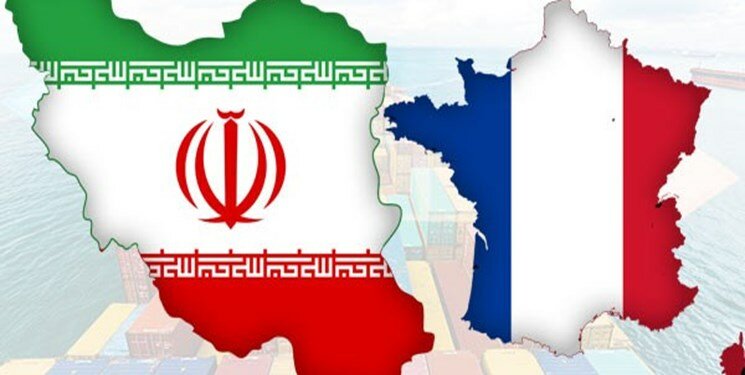By Saeed Sobhani

TEHRAN - Recently, the French ambassador to the United States has made a ludicrous claim to stop Iran's nuclear activities (even after the end date of the nuclear deal). Although the French government has retreated from the position of its ambassador, this should not have the effect of disregarding Paris' direct play in the White House puzzle!
The reality is that France, as one of the main enemies of the Iranian nation and the acting affiliated with Washington and Tel Aviv, intends to deprive Iran of its real rights in the field of peaceful nuclear energy forever.
An overview of the anti-Iranian actions of France and the two German and British countries in opposition to the nuclear deal remains in the memory of Iranians. Donald Trump stepped at the White House in 2017. Theresa May, the British Prime Minister, was the first European official to travel to Washington to meet with the new president of the United States.
During this visit, Trump informed Theresa May mind of his decision on "changing the nuclear deal". He emphasized that if the nuclear deal is not reviewed and redefined, the United States will no more remain as a part of it. It was during this visit and among American senators that Theresa May called the JCPOA a "controversial deal" for the first time since 2015.
In this way, and indirectly, May announced her company with the United States for changing the JCPOA. Afterwards, it was time for the French President, Emmanuel Macron to take part in the joint game of London and Washington. In July 2017, Macron assured Trump that he would do its best to include Iran's missile capability in the context of the nuclear deal, and thus limit the regional power of Iran.
But Macron never imagined that he had practically turned to Trump's piece in his confrontation with Iran. In September, 2017, and during the United Nations General Assembly meeting in New York, British and French officials were urged by the United States to attract Germany's positive stance to participate in the "West's joint effort to change the JCPOA."
Angela Merkel, the German Chancellor, surrendered to her Western counterparts much earlier than expected. As a result, by mid-2017, talks between American and European diplomats on changing the nuclear deal entered a new phase. A deal in which diplomats from the United States, Germany, France, and Britain, worked on a common goal called "complementary" or "secondary" agreement aimed at achieving Trump's four demands.
Undoubtedly, the activities of the French in contrast to the Iranian nation, more than before, will be monitored by Tehran. It's been around 4 months since the start of 2018. Although the United States has officially left a nuclear deal with Iran, French dissent continues to confront Iran. This is while France's main duty and commitment was to maintain a nuclear deal with Iran! However, the French president and his government members, Emanuel Macron, should be mindful of the consequences of their absolute dependence on the United States.

No comments:
Post a Comment